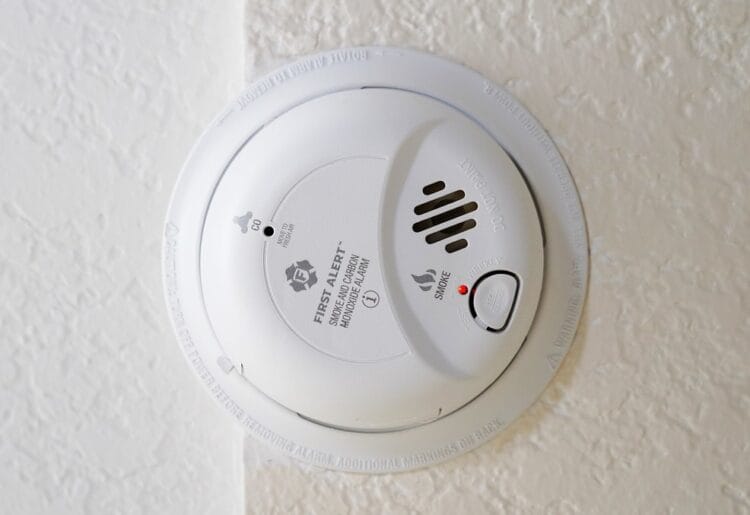‘IT’S A silent killer’. That’s the warning from a top expert at the Royal Berkshire Fire and Rescue Service about carbon monoxide (CO).
The poisonous gas is produced when fossil fuels burn inefficiently, and each year in the UK, more than 200 people are hospitalised with suspected CO poisoning, and 60 people die.
This week is Carbon Monoxide Awareness Week, and the fire service wants people to be aware and fit specialist detectors to help avoid any potential problems.
The brigade says most common sources of carbon monoxide are faulty boilers, gas fires and cookers.
As people look for cheaper ways to heat their homes during the cost-of-living crisis, alternative sources such as disposable barbecues have been found to have caused CO poisoning.
Symptoms of CO poisoning can often be mistaken for flu-like illnesses. They include tension-type headaches, nausea, dizziness, breathlessness, and collapse and loss of consciousness.
Gail Muirhead, Royal Berkshire Fire and Rescue Service prevention manager, said; “We recognise that people are trying to keep costs down as the cost-of-living crisis continues. However, cutting corners costs lives and it is important not to place you or your loved ones at risk.
“Carbon monoxide is known as the silent killer for a reason.
“You can’t smell, see or taste it. The only way to adequate protect yourself is to install a carbon monoxide detector in your home and ensure that it works.”
Advice to help people avoid carbon monoxide poisoning include:
Install a working carbon monoxide alarm in your every room with a fuel-burning appliance such as an open fire, wood-burning stove or gas appliances such as a boiler or cooker and ensure that it works;
In England and Wales, landlords have a duty of care to make sure Carbon Monoxide alarms are installed where required in rental properties;
If you suspect a CO leak in your home, call the emergency Gas Safety Board number – 0800 111 999. This number is available 24/7 and is ready for emergencies;
Never cut corners. Saving on safety can have fatal consequences. Never use outdoor cooking or heating equipment inside;
Always employ a professional to install and maintain appliances and ensure they are serviced every year;
Always ensure there is adequate ventilation if you’re cooking or using an open flame indoors. Avoid blocking vents and open windows when vehicle traffic is low outside. Limited airflows indoors can allow CO to build up very quickly to deadly levels.
























